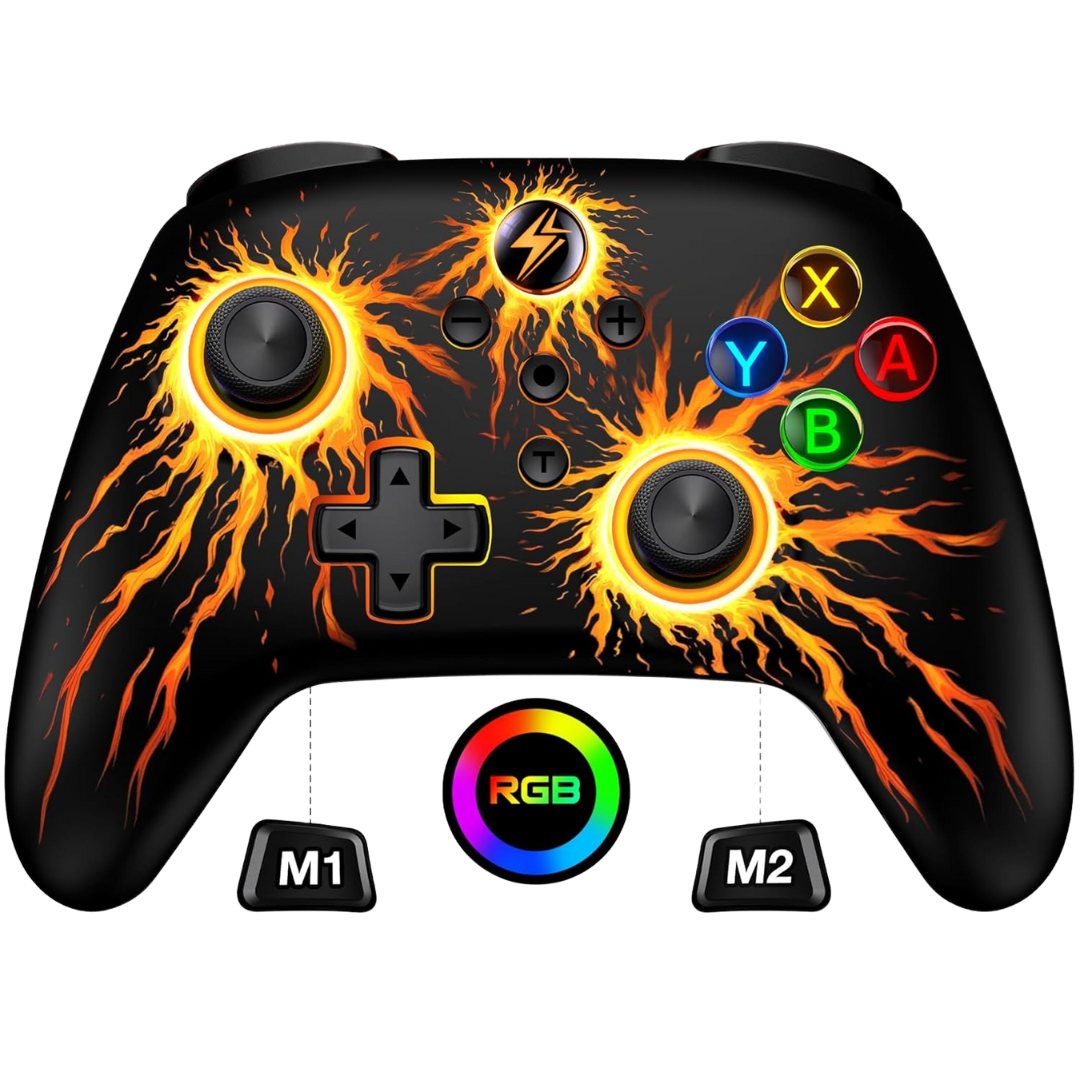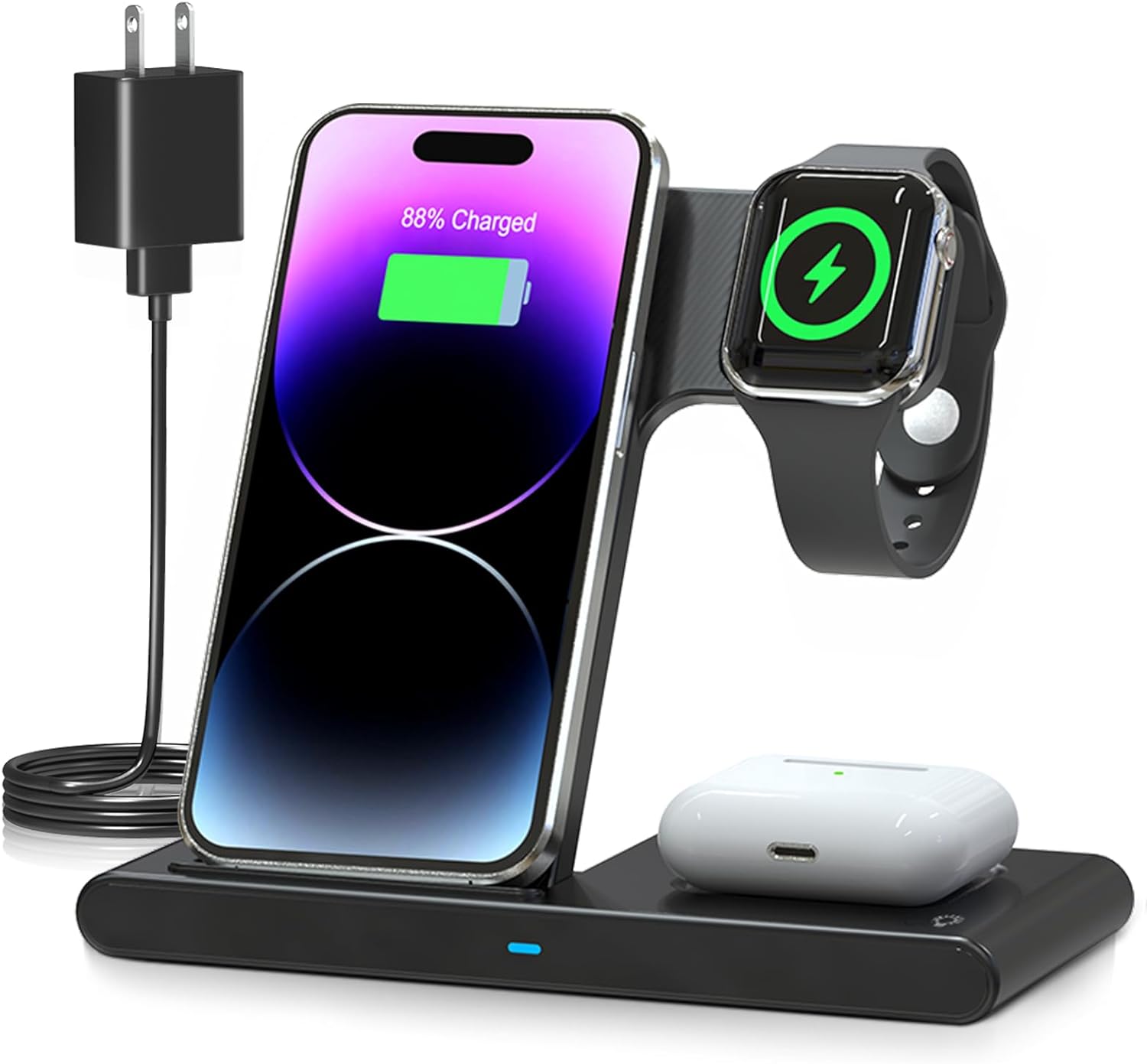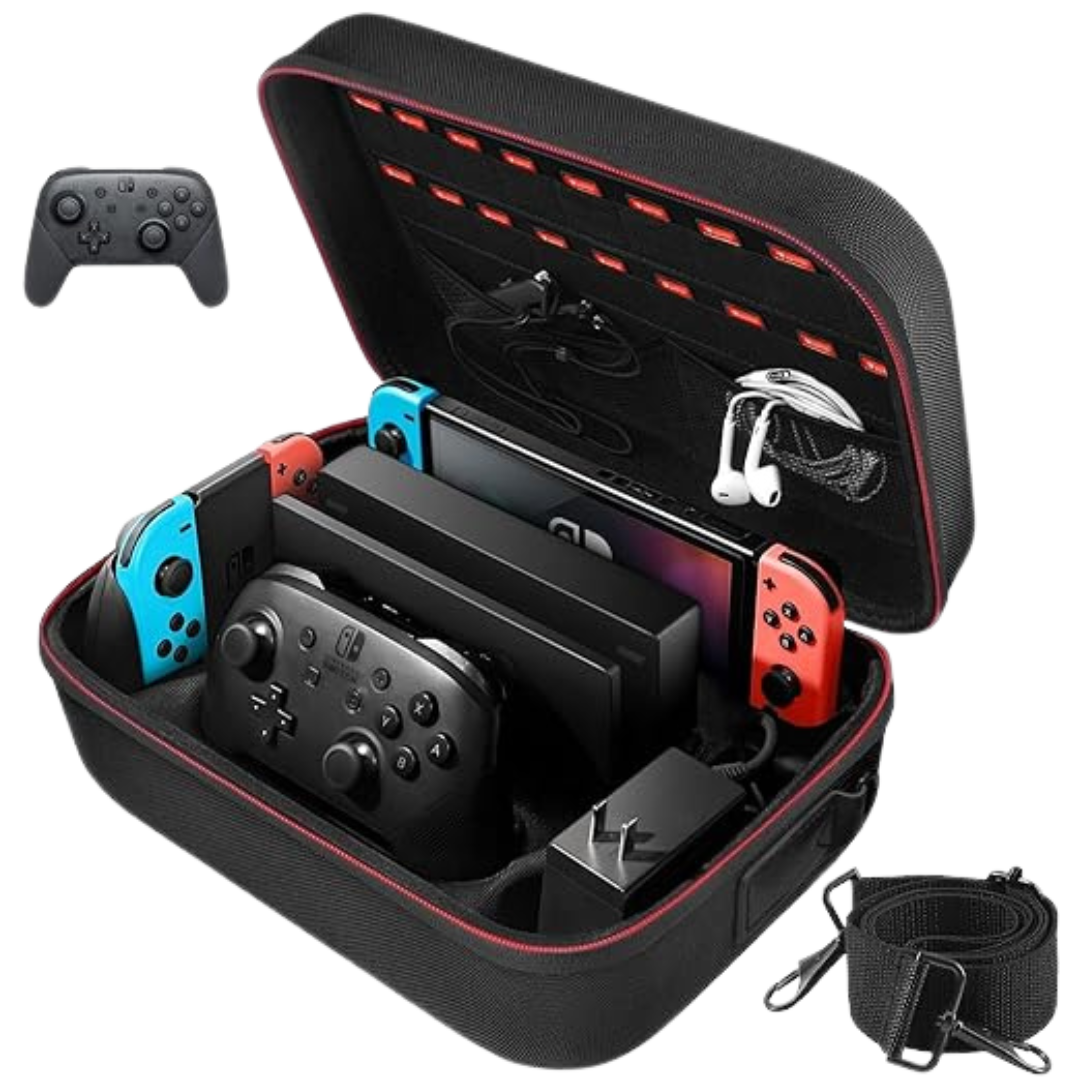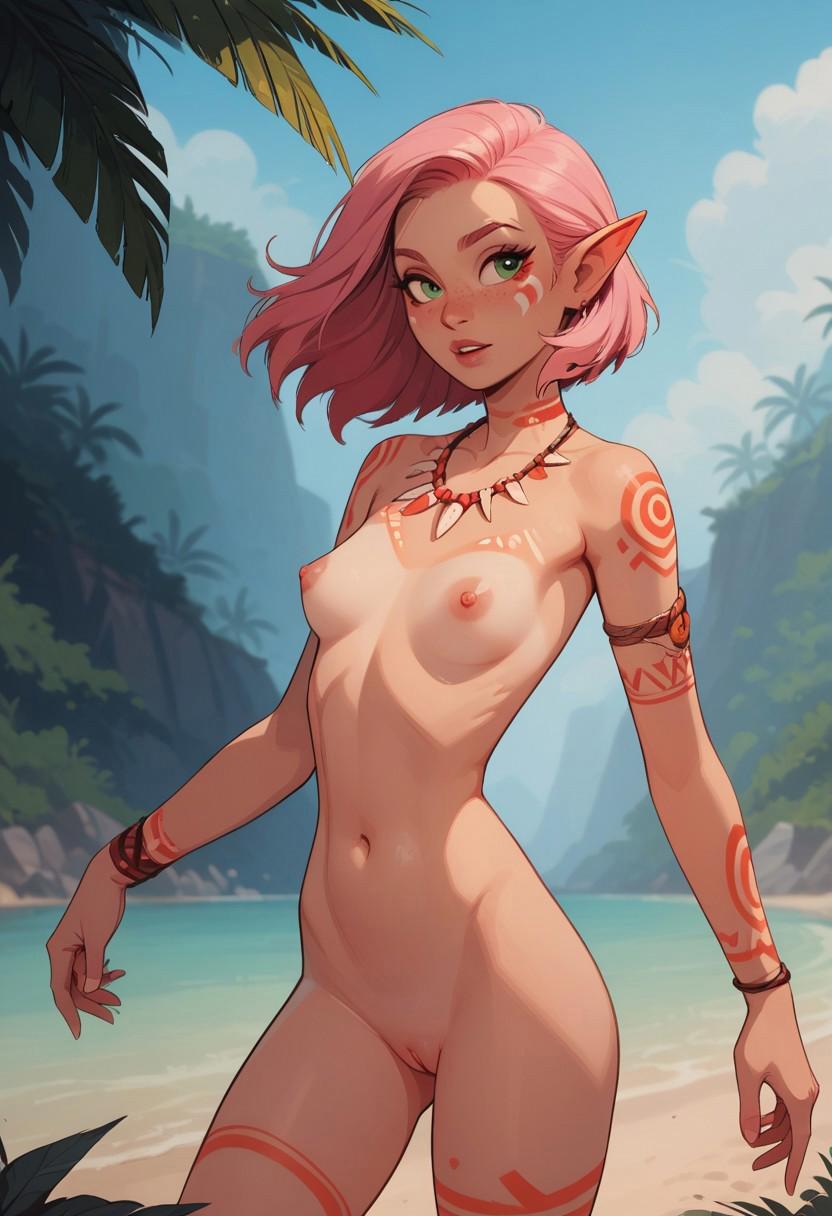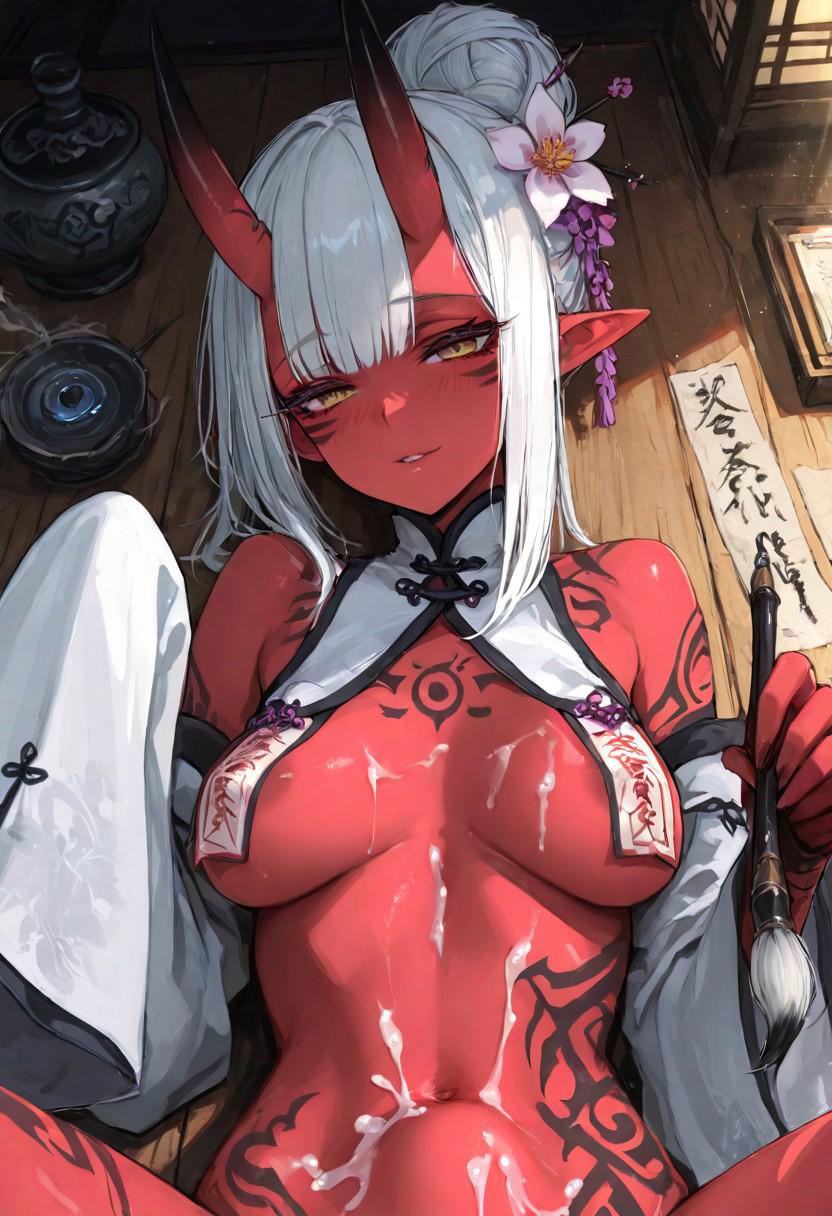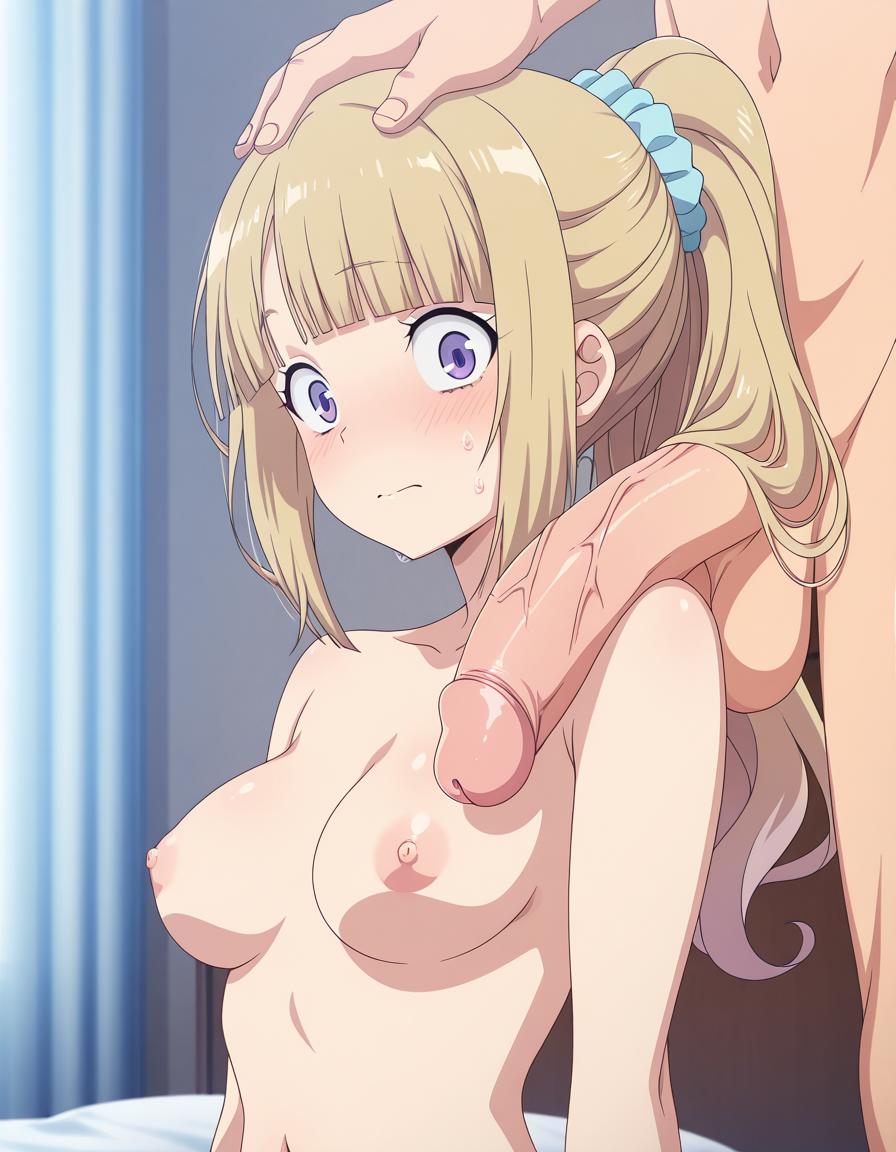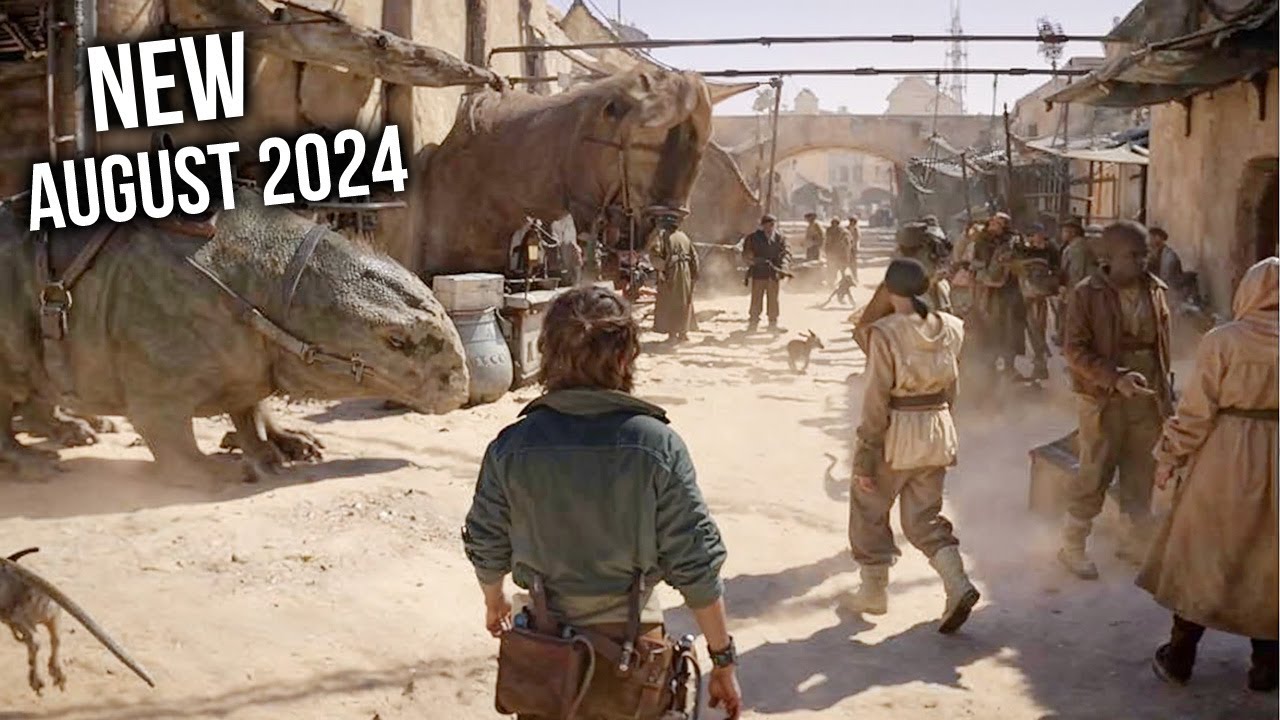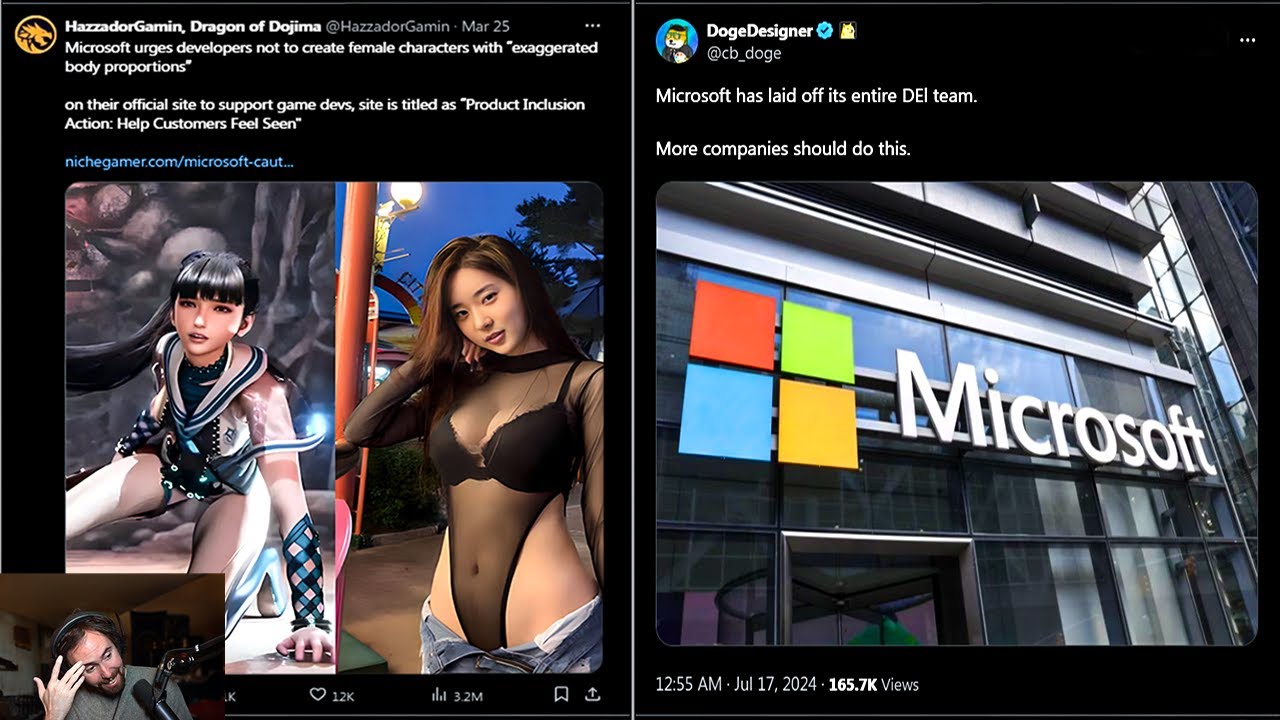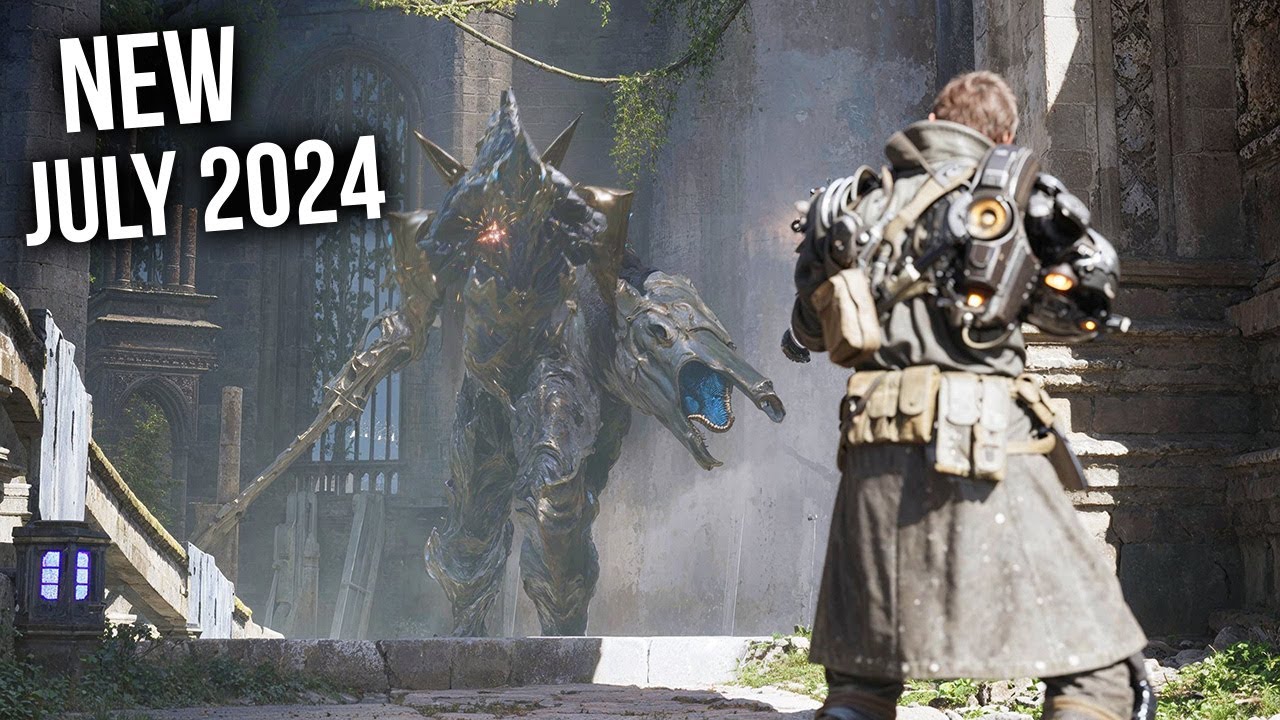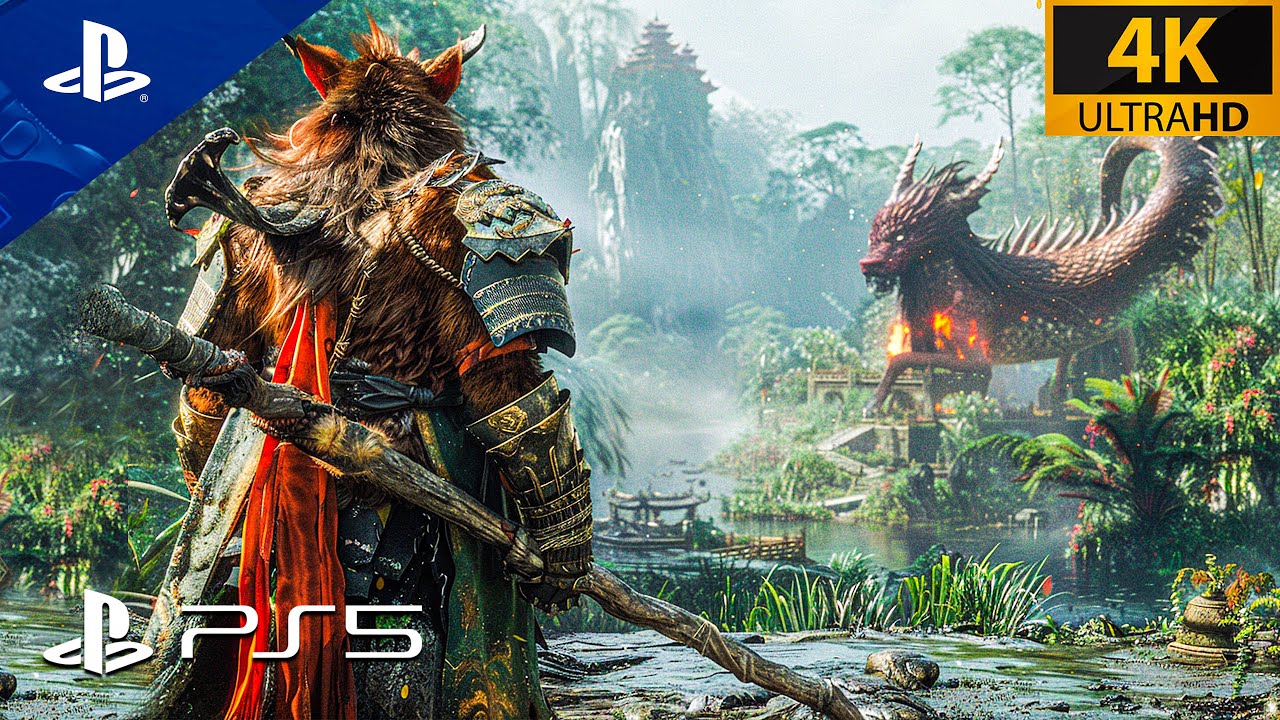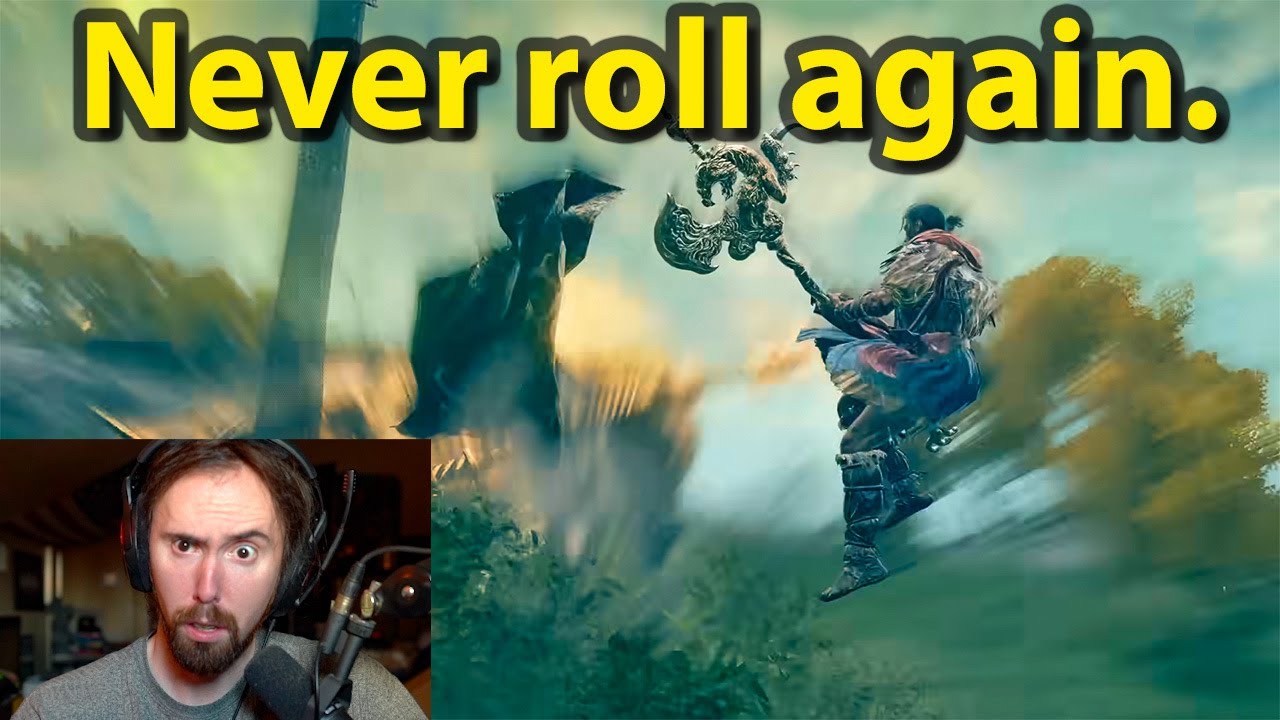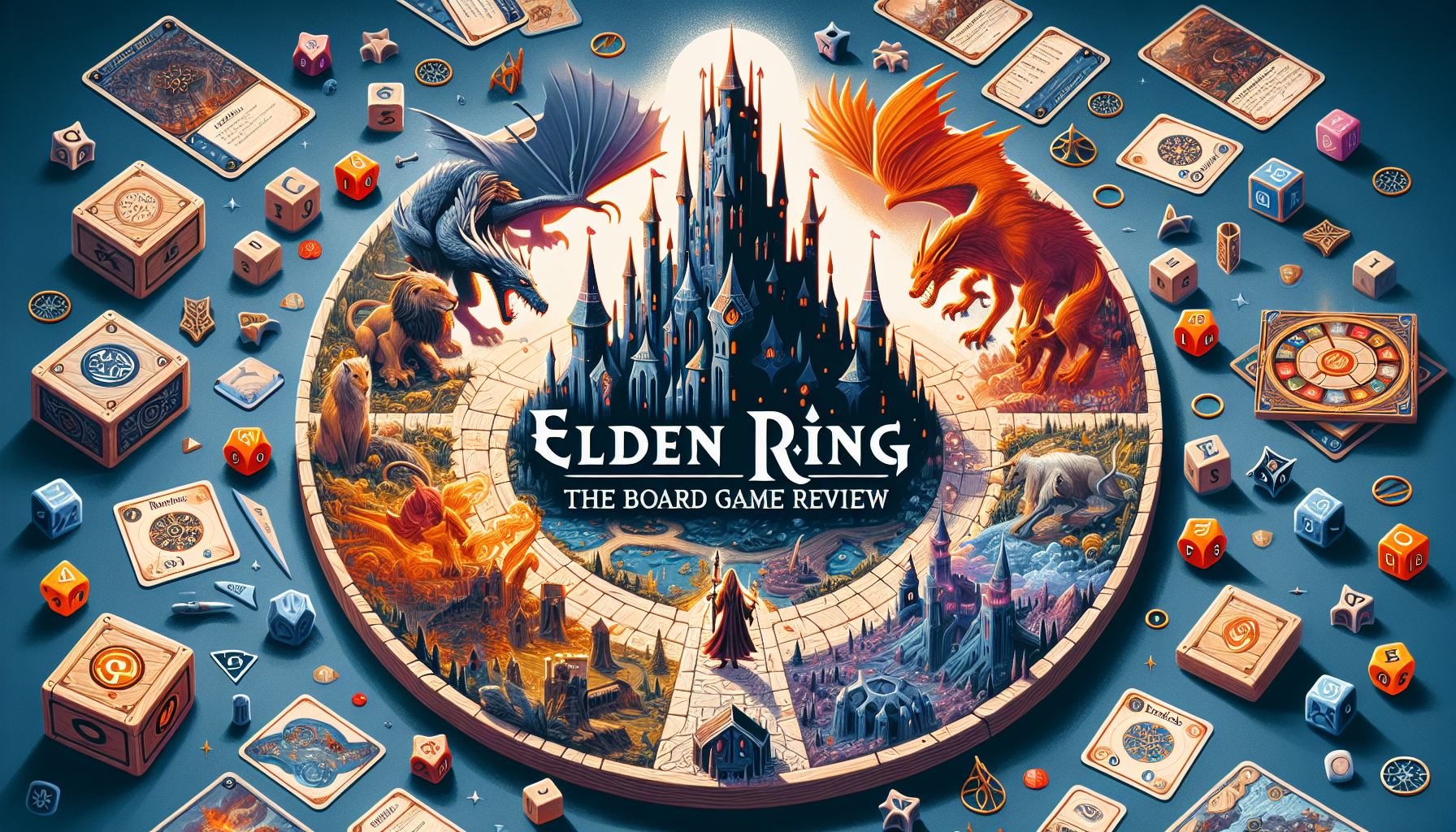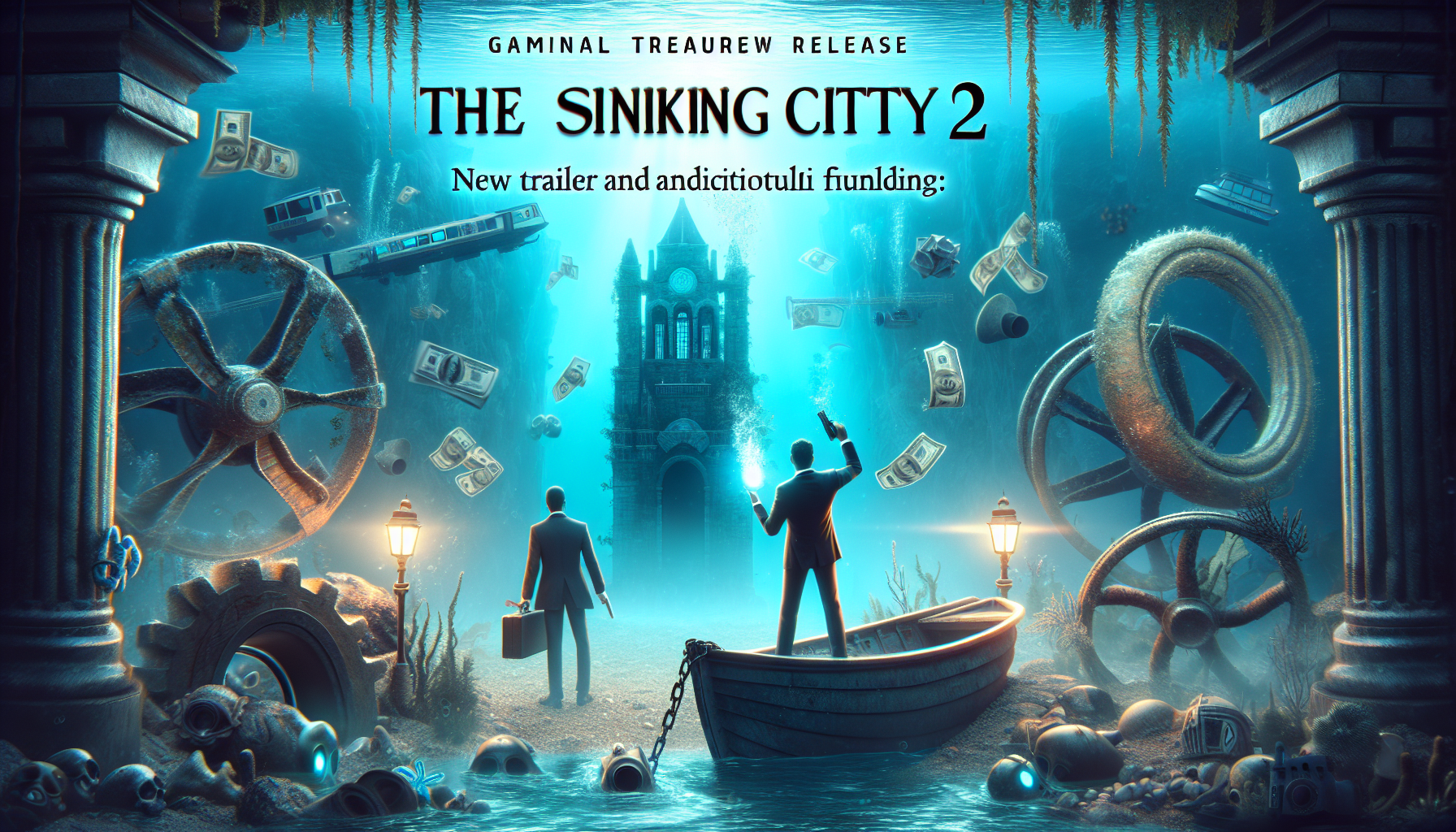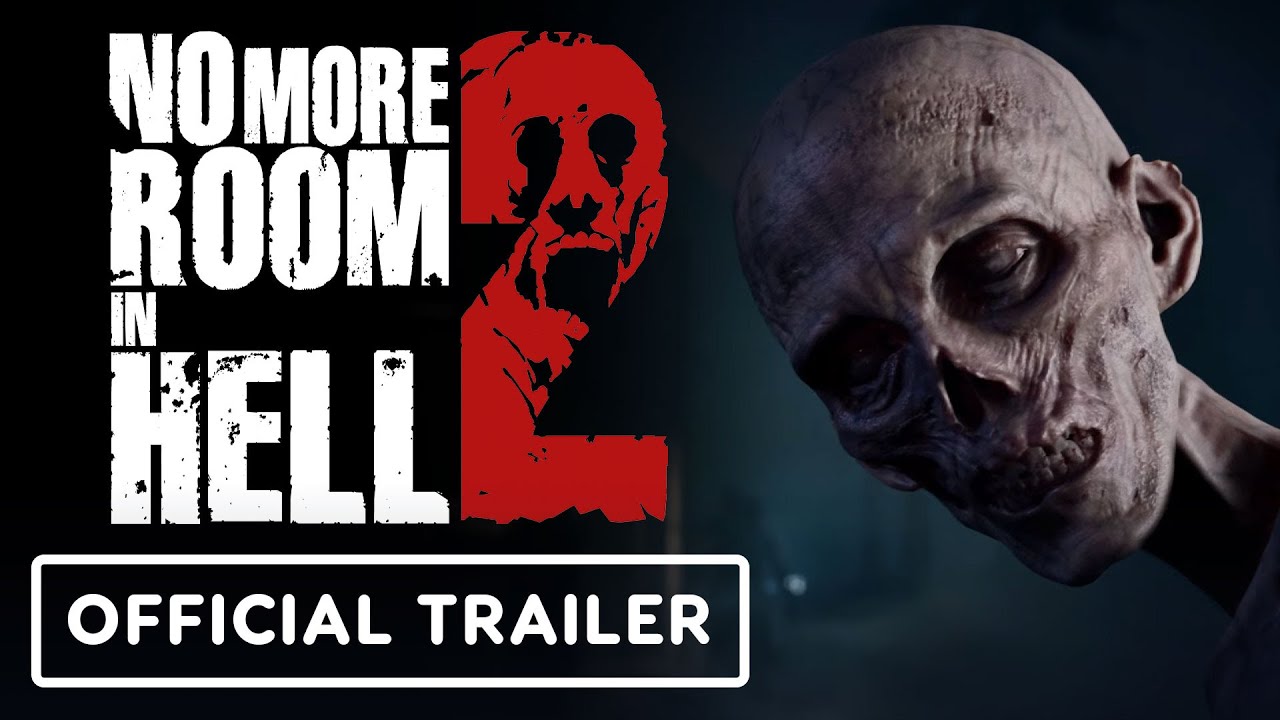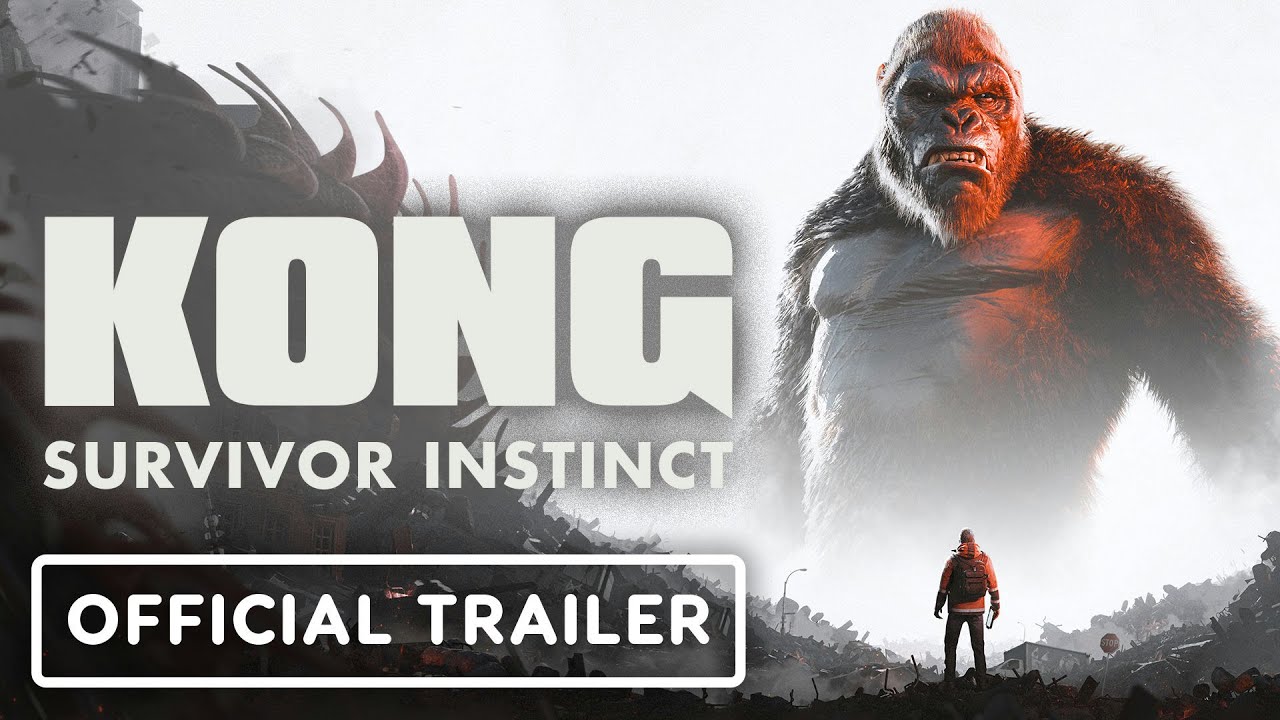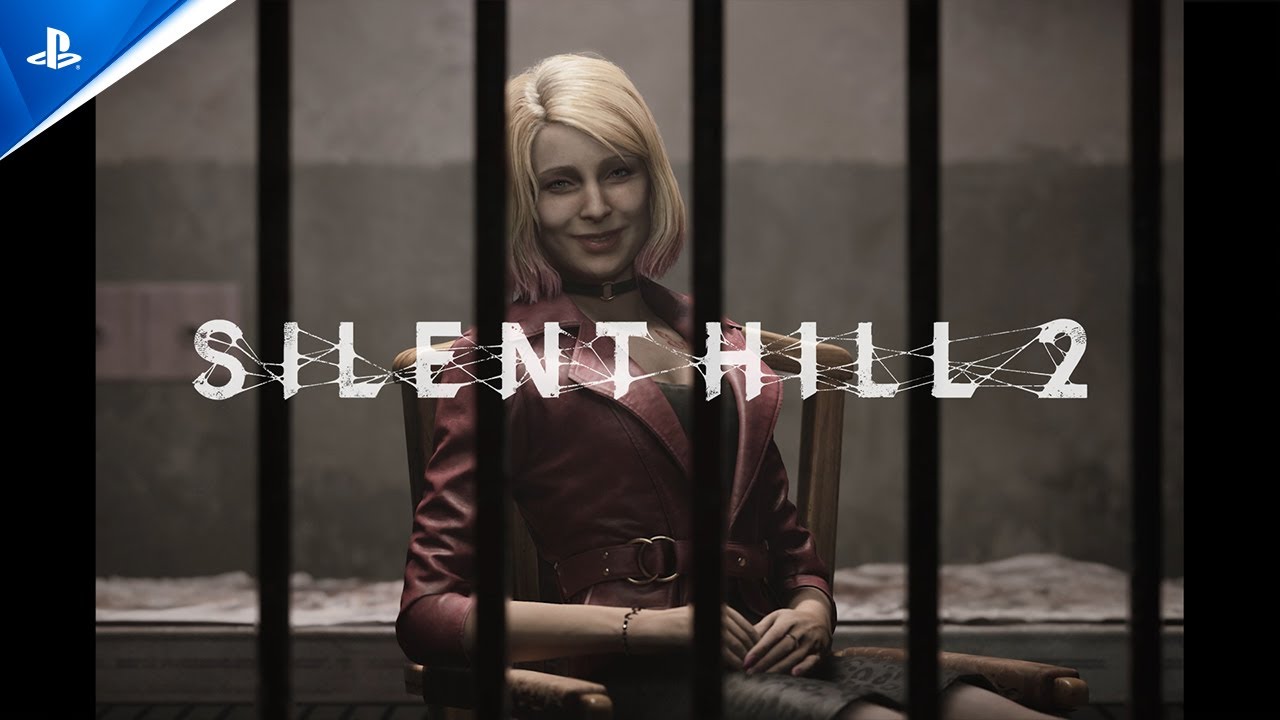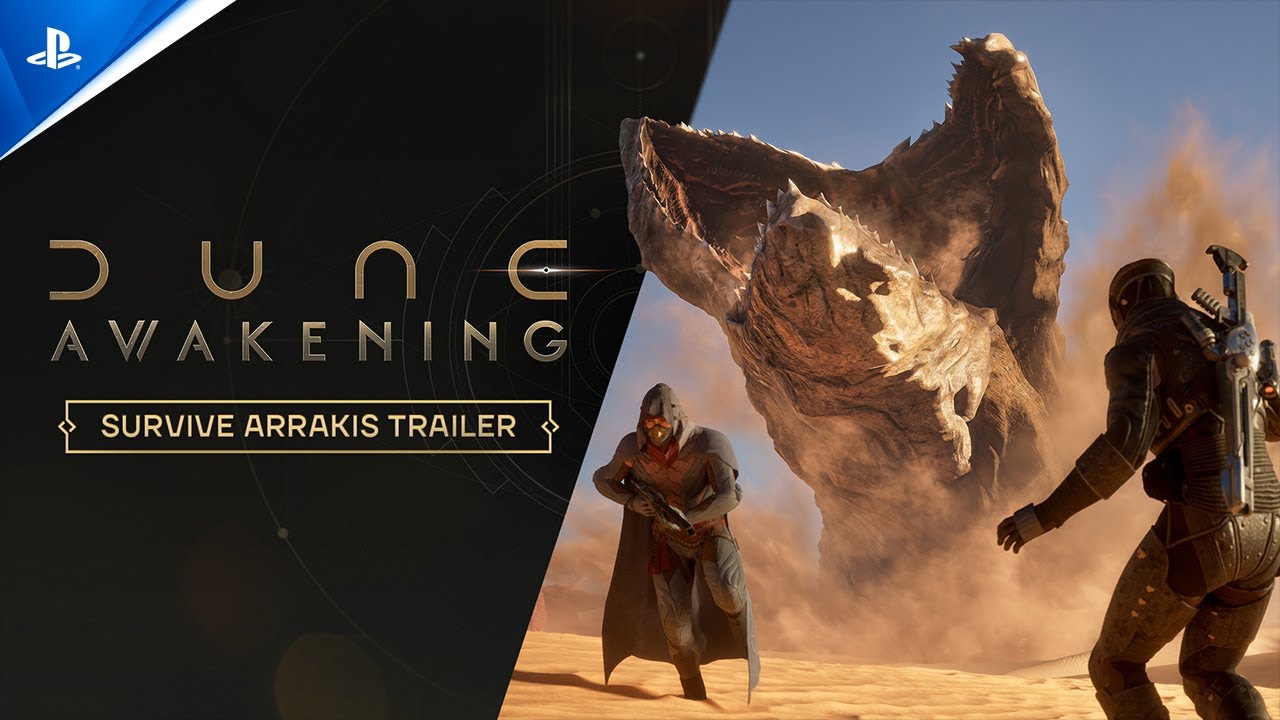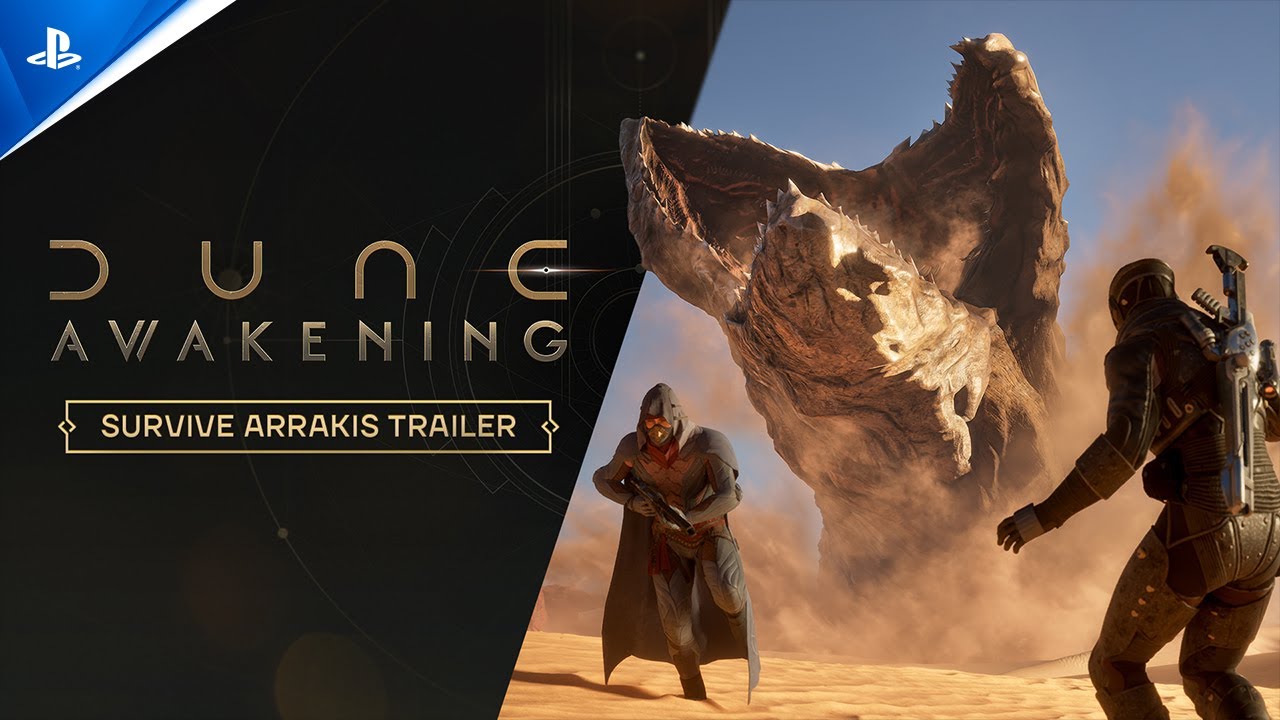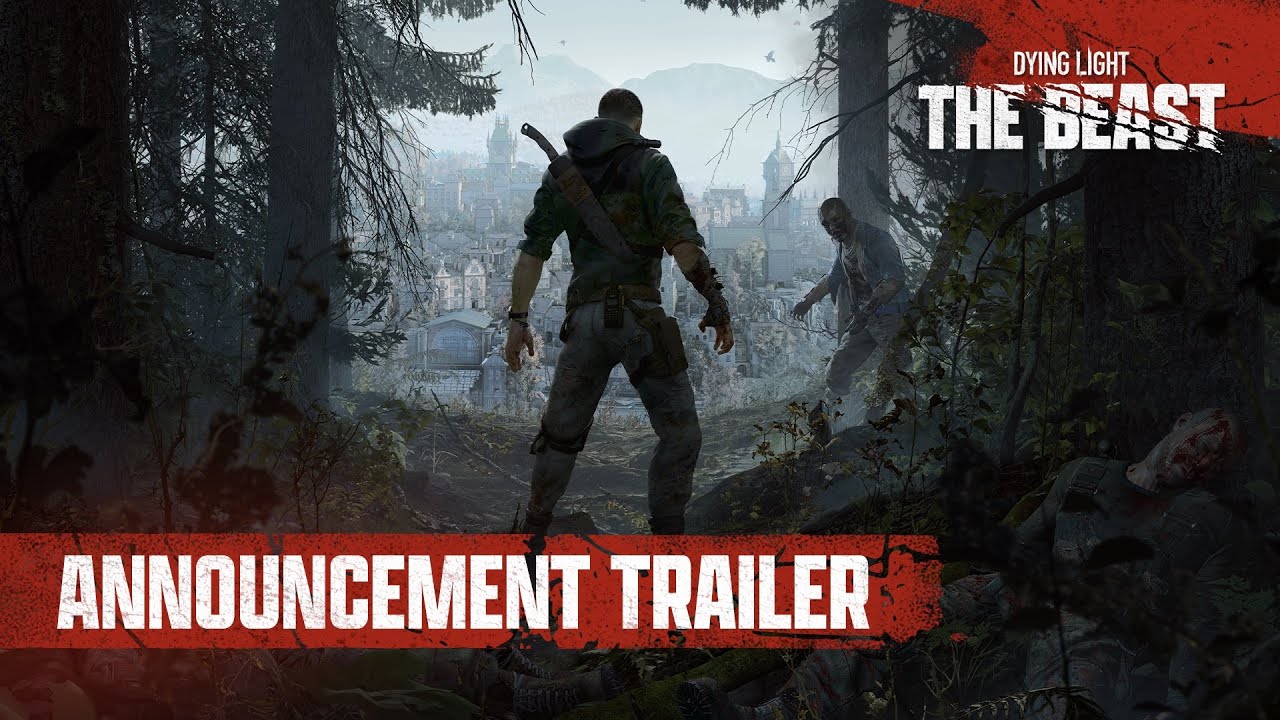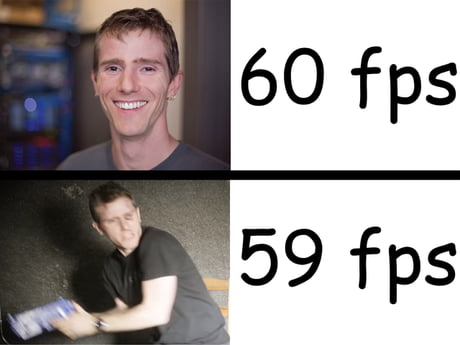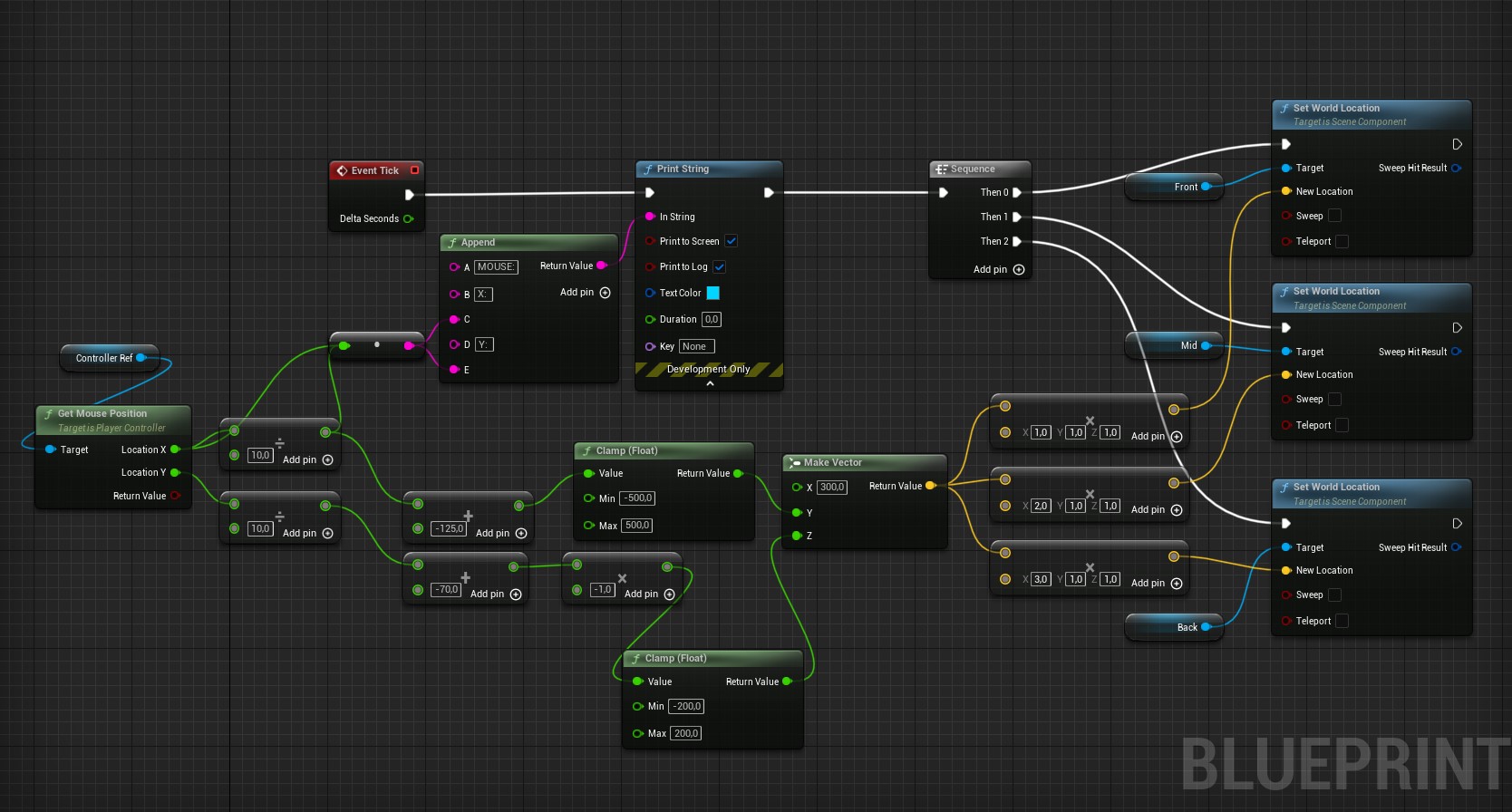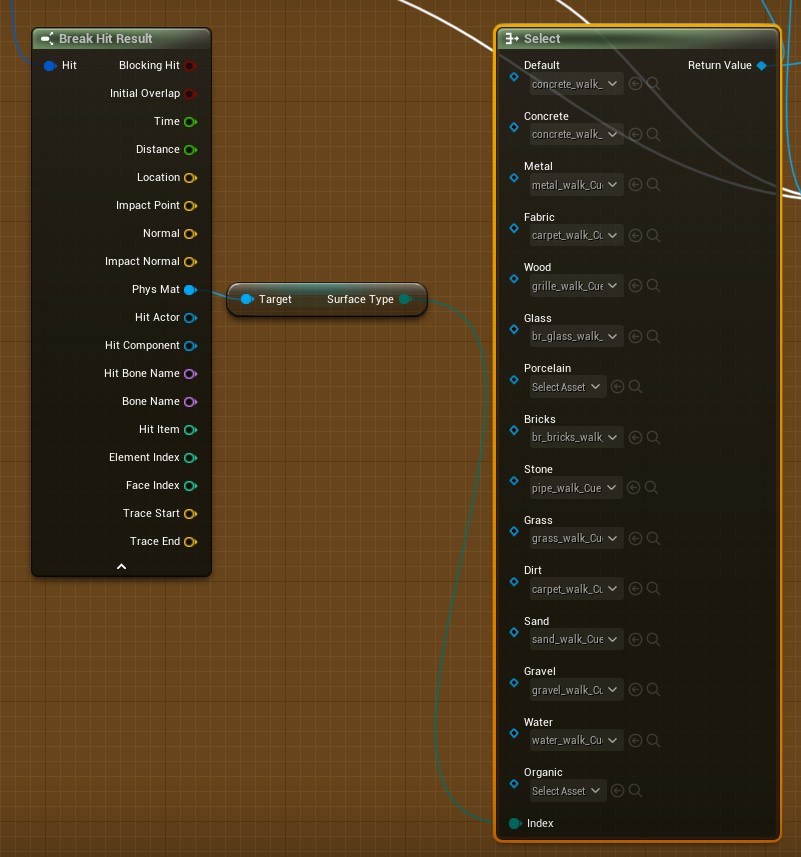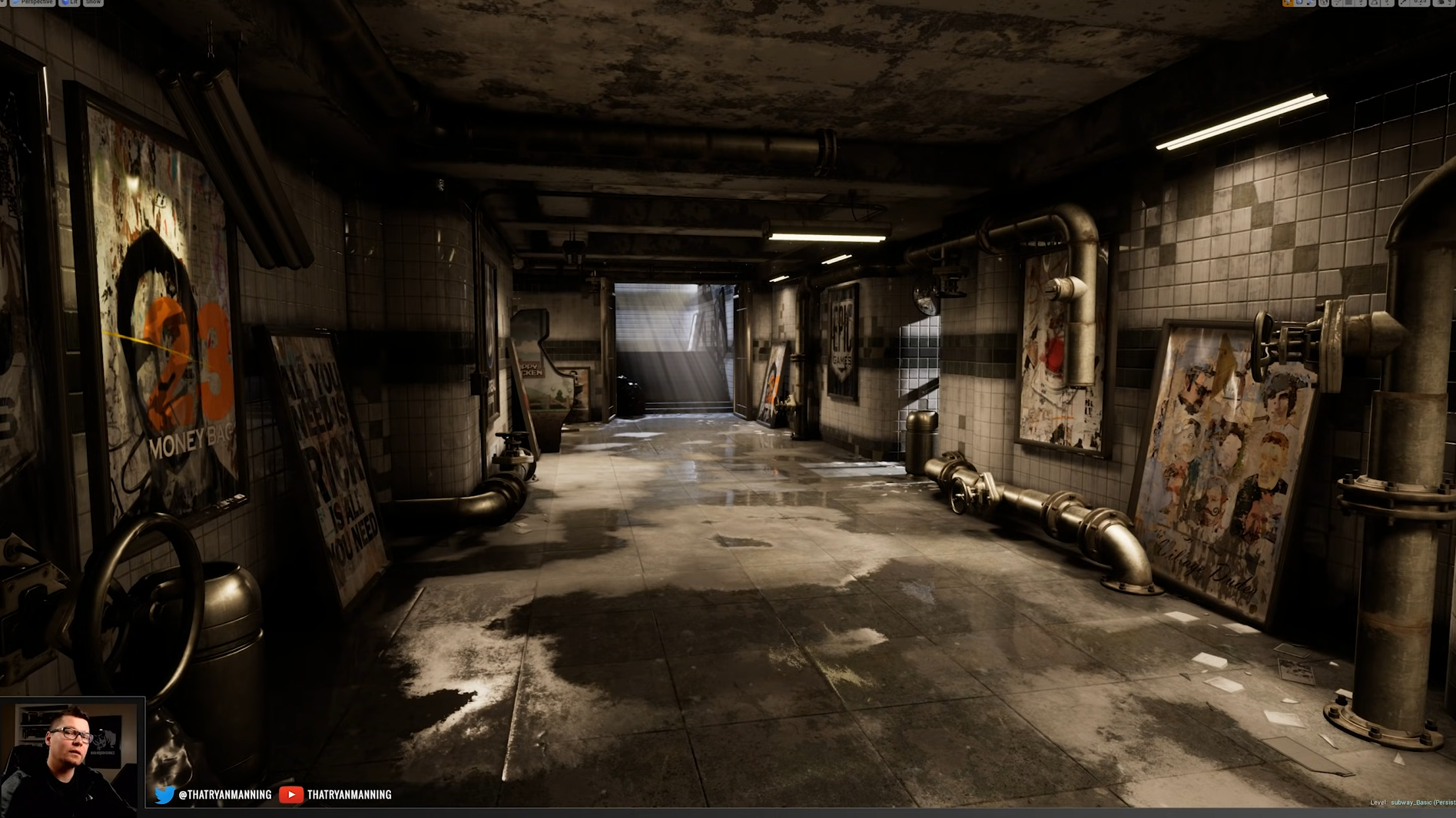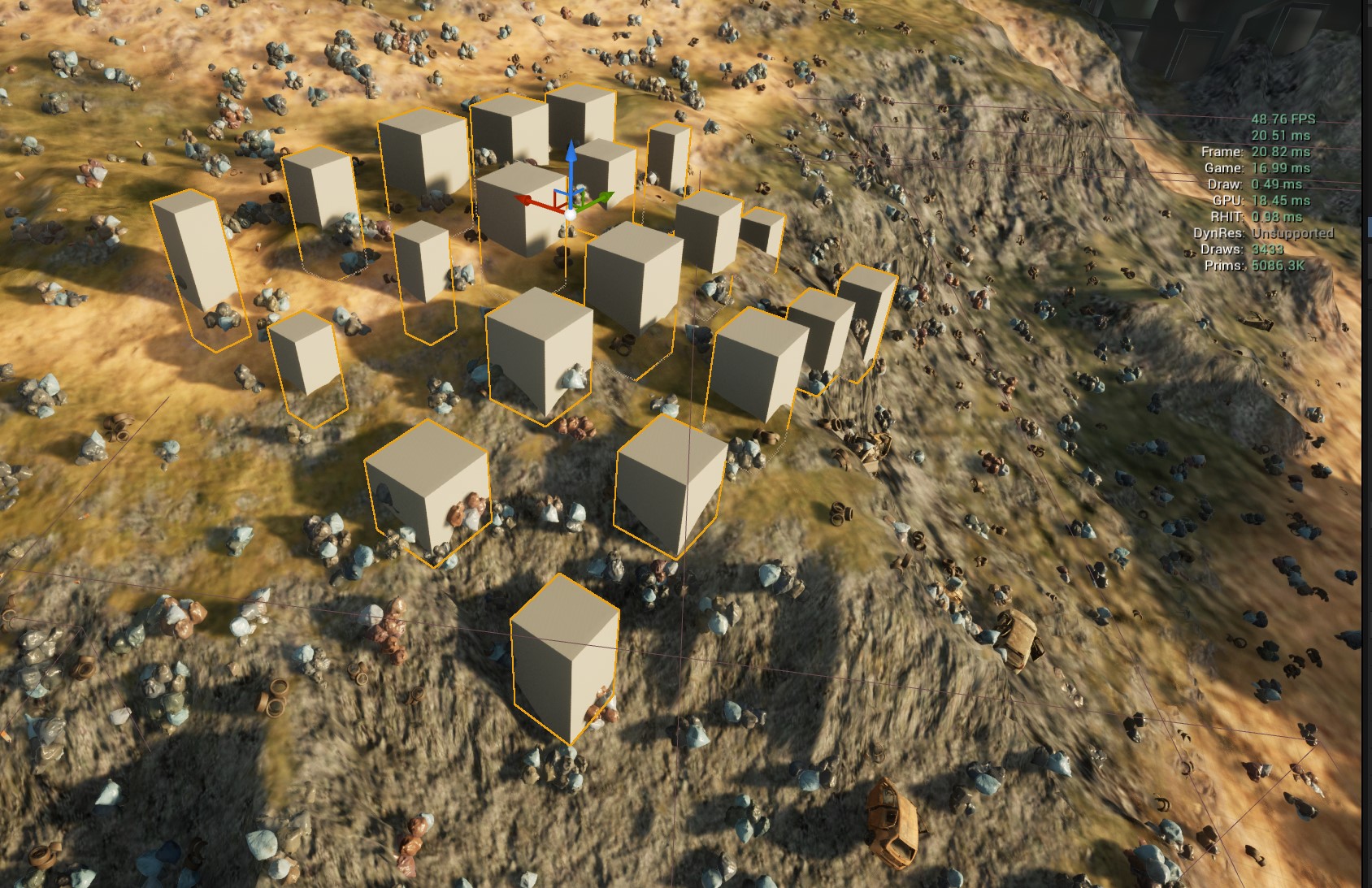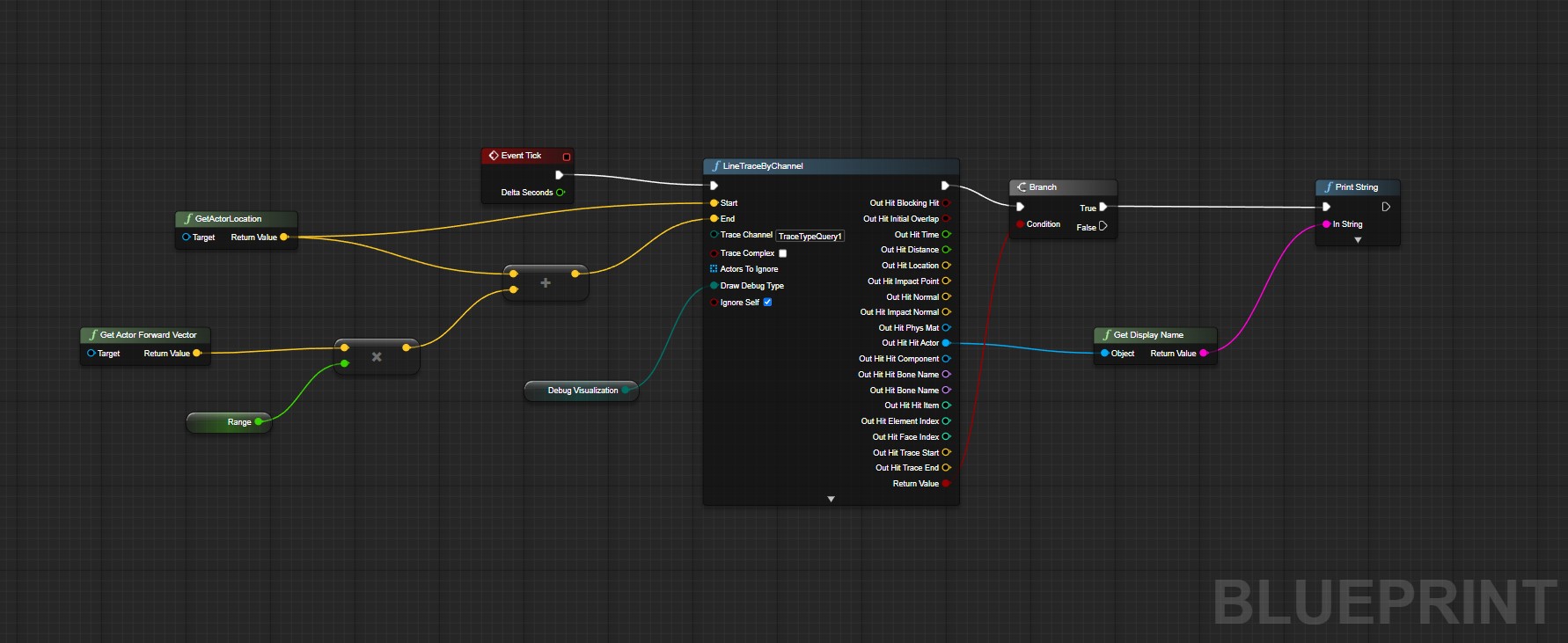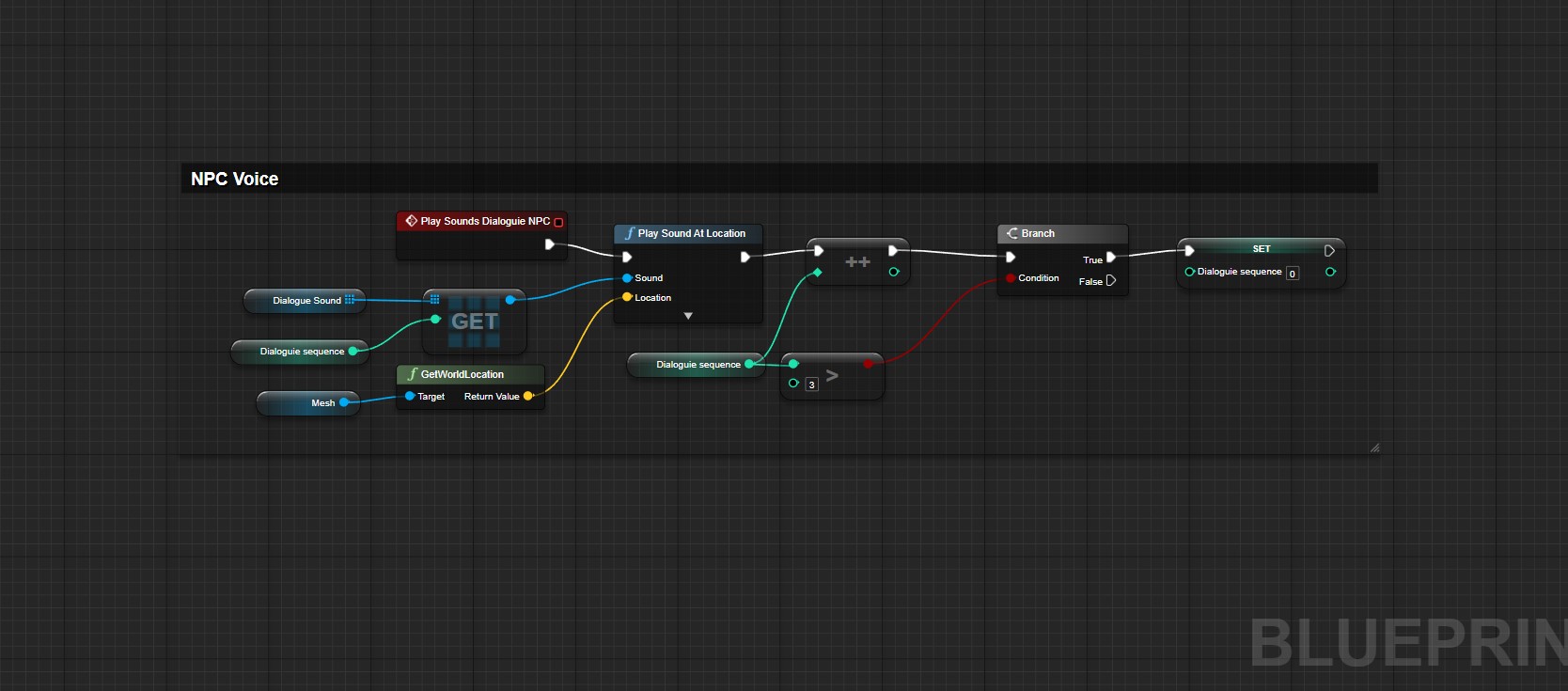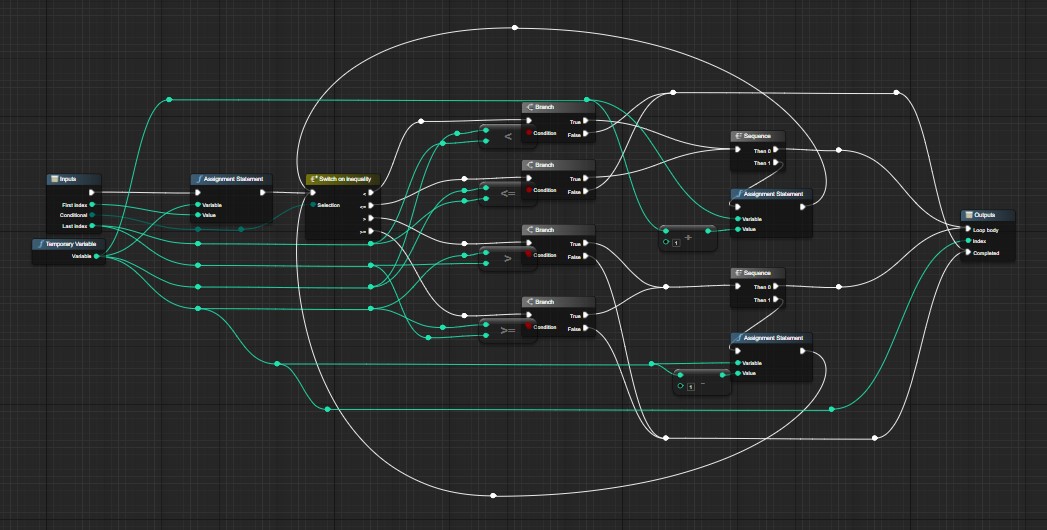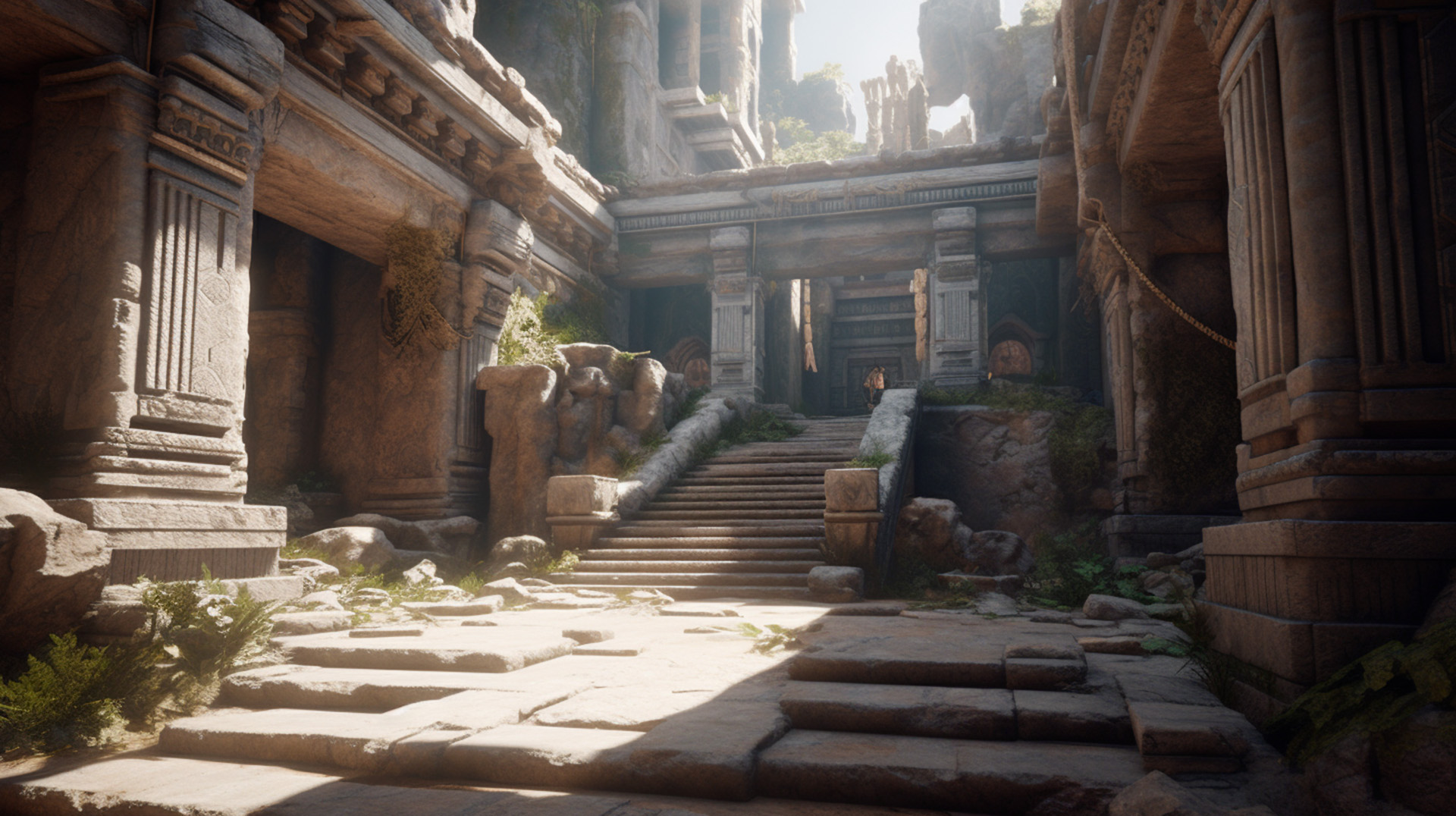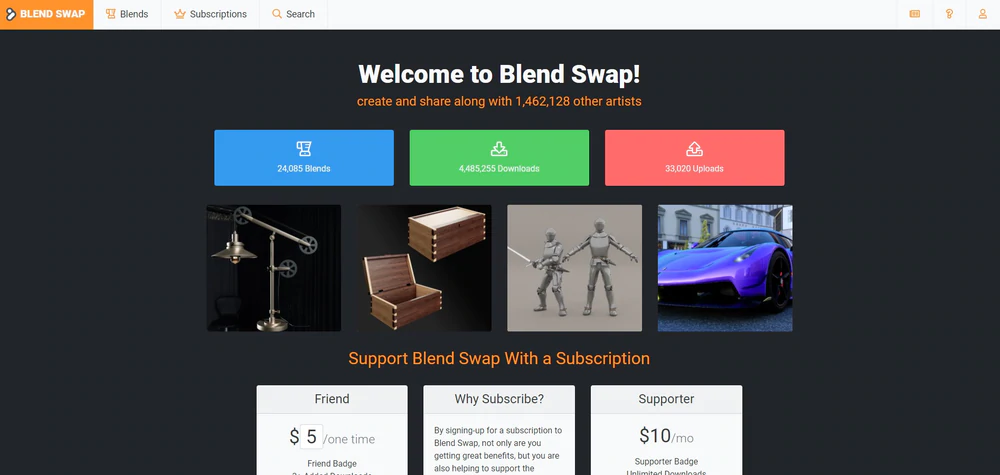In the ever-evolving landscape of digital gaming, few franchises command the attention and passion of players quite like Pokémon. However, Creatures Inc., the developer behind Pokémon Trading Card Game Pocket, finds itself embroiled in controversy following the release of a new trading feature designed to enhance gameplay. Instead of achieving its intended goal, the feature has ignited a wave of backlash from the player community, prompting an urgent response from the development team.
Launched just a week ago, the trading feature, as stated by Creatures Inc., was intended to prevent exploitation by bots and unauthorized multi-account trading. Yet, its implementation has inadvertently hindered players’ ability to enjoy the feature casually—a core component of the Pokémon TCG Pocket experience. As avid collectors continue voicing their dissatisfaction, Creatures Inc. took to X/Twitter to acknowledge player concerns and outline plans for potential improvements.
The backlash stems primarily from the introduction of Trade Tokens, a new requirement intended to facilitate player transactions. Critics have denounced the high cost of acquiring these tokens, noting that it necessitates sacrificing five cards of equivalent rarity to trade just one. This demand has been deemed prohibitive by many, further fueling community discontent.
“We are actively investigating ways to improve the feature to address these concerns,” Creatures Inc. announced, vowing to offer additional avenues for acquiring Trade Tokens, including through in-game events. Despite these assurances, the recent Cresselia ex Drop Event dispensed scant reward tokens, exacerbating frustrations among players.
The controversy is compounded by the economic structure surrounding Pokémon TCG Pocket. With estimates indicating the title has already amassed $200 million in its first month, the restrictive trading system has been perceived as a mechanism to drive further revenue. Players decry the inability to trade higher rarity cards, arguing it compels them to spend exorbitant amounts on chance-based card acquisition rather than skillful trading.
Player feedback has not been subtle, with the new trading mechanic labeled as “predatory and downright greedy” and a “monumental failure.” The stark language underscores the disconnect between the developer’s intentions and the player experience, highlighting the importance of community engagements and feedback loops in contemporary game development.
As the Pokémon TCG Pocket team pledges to refine the trading system, the situation serves as a critical reminder of the delicate balance between monetization and player satisfaction. While the timeline for implementing these promised features remains ambiguous, the acknowledgment of player grievances is a step toward restoring trust within its dedicated community. Whether the forthcoming changes will successfully quell the current dissent remains to be seen, as players eagerly await the game they have come to love—free of unnecessary barriers and ripe for enjoyment.
